Pick the best rock drill bit for better drilling efficiency

In rock drilling work, rock drill bits are one of the key tools. Picking the correct rock drill bit can make drilling faster, last longer, and cost less.
At SUPERDRILL, we help you select the best rock drill bit by considering rock characteristics. We compare different drill bit types and select the most suitable materials. We also adapt sizes based on your needs and look at brand reputation. Additionally, we consider costs and teach you how to effectively use the drill bits.
1. Knowing about rocks
First, before choosing a rock drill bit, we need to have a clear understanding of the characteristics of the target rock for drilling. The hardness, toughness, brittleness, and cracks in the rock will impact which drill bit is chosen and how it is used. By analyzing rock samples or conducting on-site investigations, we can identify the main types and characteristics of the rock. This information is used to choose the right drill bits for the job.
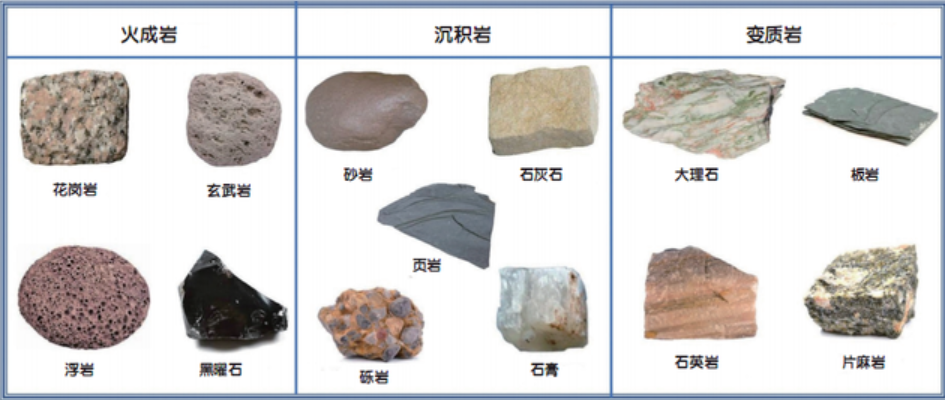
2. Comparing different types of Rock drill bits
There are many types of rock drill bits on the market, such as diamond drill bits, carbide drill bits, and steel drill bits. Each drill bit has its specific scope of application and advantages.
Diamond drill bits are good for hard rocks. Carbide drill bits are suitable for medium-hard rocks. Steel drill bits are best for soft rocks and soil. To find the best drill bit for the job, compare different types based on the rock's characteristics.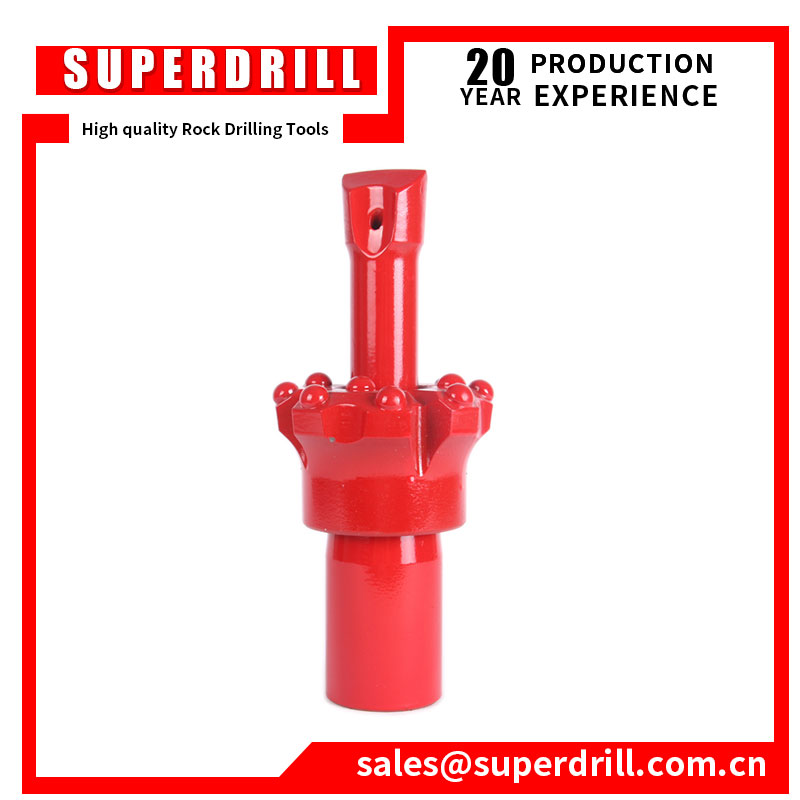
3, drill bit material selection
The durability and drilling efficiency of the drill bit directly depend on its material. High-quality drill bit material can resist the wear and impact of rocks and extend the service life of the drill bit. When picking a drill bit, think about rock hardness, drilling depth, and budget to make the best choice. Generally speaking, high-hardness rocks require more wear-resistant and harder drill bit materials.
4.Rock drill bit size adaptation
The selection of drill bit size is also key. The diameter and length of the drill bit need to match the drilling hole diameter and depth. Too large a drill bit may cause drilling difficulties, while too small a drill bit may not meet drilling needs.
When selecting a drill bit, ensure it is the correct size for the drilling plan and rock type. Make sure the drill bit matches the size needed for the job.
When choosing the drill bit size, consider the type of rock being drilled into. Selecting the appropriate drill bit size based on the specific drilling project is important.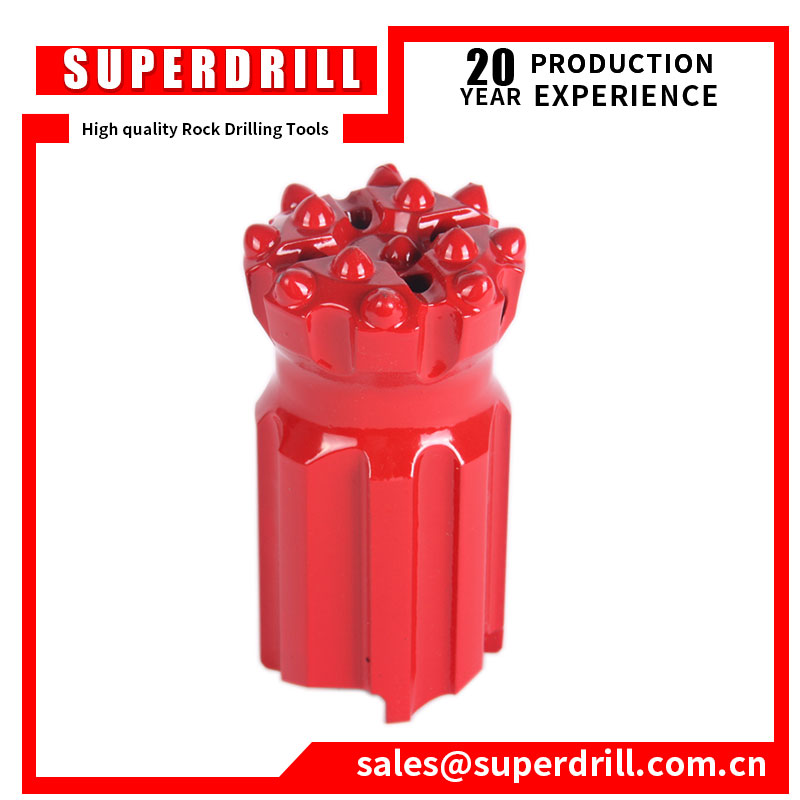
5. Rock Drill bit brand reputation
When buying Rock drill bits, it is important to choose well-known brands and manufacturers with a good reputation. This will help ensure quality and performance. Drill bits from popular brands go through strict quality checks, leading to improved drilling performance and longer lifespan. At the same time, choosing a brand with perfect after-sales service can also get better support and help during use.
6. Comprehensive cost considerations
When choosing a rock drill bit, cost is also an important factor to consider. When buying a drill bit, remember to think about more than just the price. When purchasing a drill bit, consider more than just the price. Think about how often you will need to replace it, the maintenance costs, and how it will impact your drilling efficiency. Therefore, when choosing a drill bit, it is necessary to comprehensively consider the cost-effectiveness and choose a drill bit that can meet drilling needs and has a lower comprehensive cost.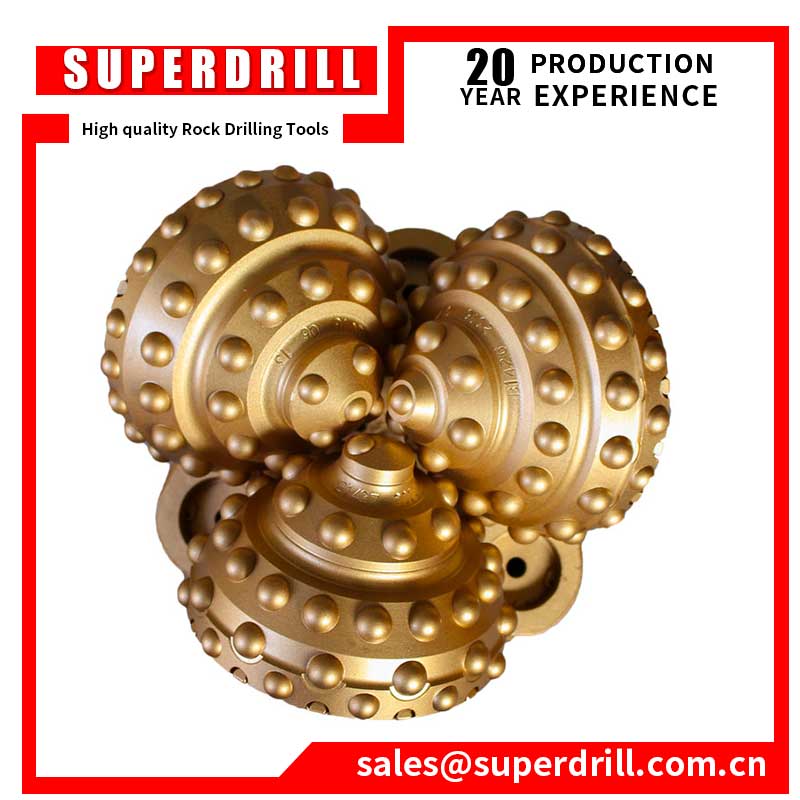
7. Mastering usage skills
Correct usage skills are also the key to the performance of the drill bit. In actual operation, it is necessary to master the appropriate drilling speed and pressure to avoid damage to the drill bit or reduced drilling efficiency due to too fast or too slow. At the same time, regular inspection and maintenance of the drill bit and timely replacement of severely worn drill bits are also important measures to ensure smooth drilling.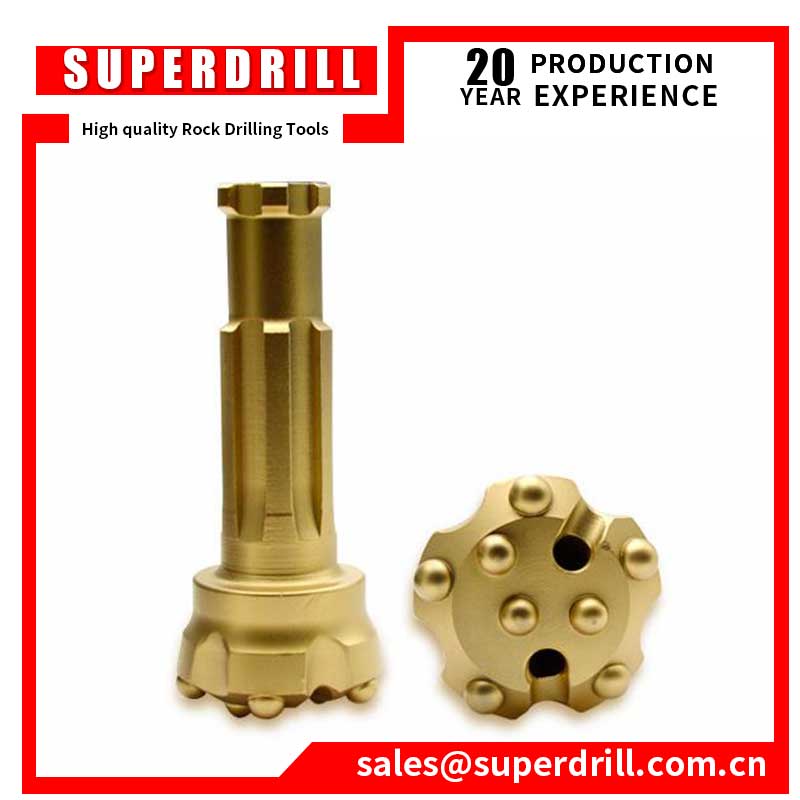
In summary, choosing the right rock drill bit requires comprehensive consideration of many factors. By understanding rock characteristics, comparing drill bit types, choosing the right material and size, choosing a reputable brand, considering the overall cost, and mastering usage skills, we can optimize the selection process, improve drilling efficiency, and provide strong support for rock drilling work.
 Mobile:
Mobile: E-mail:
E-mail: